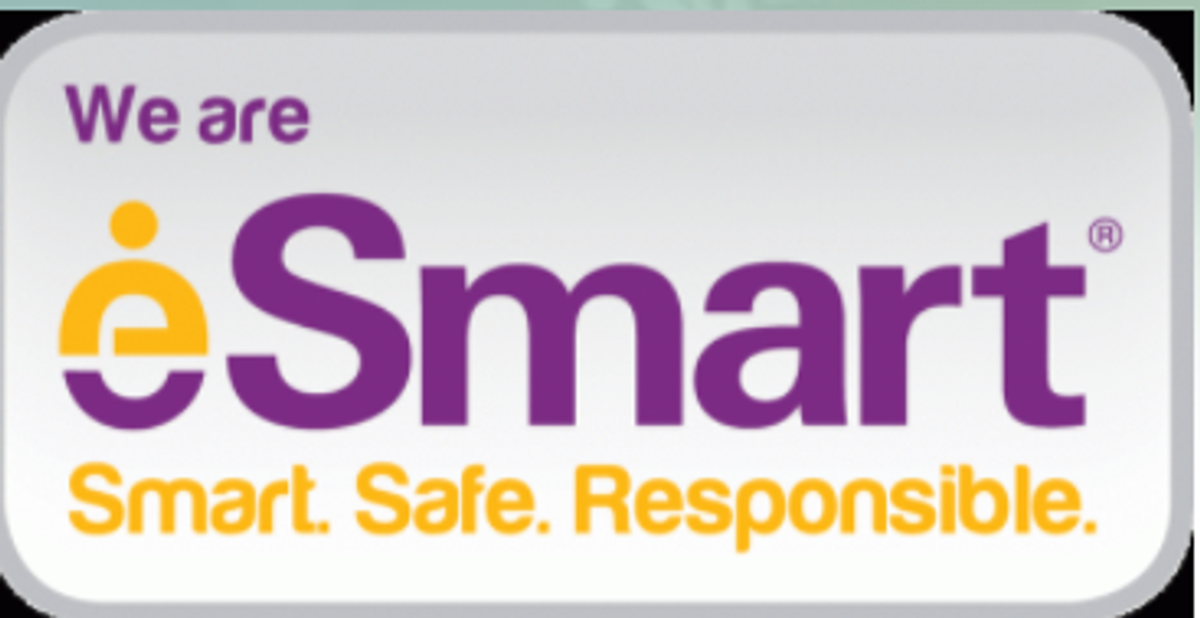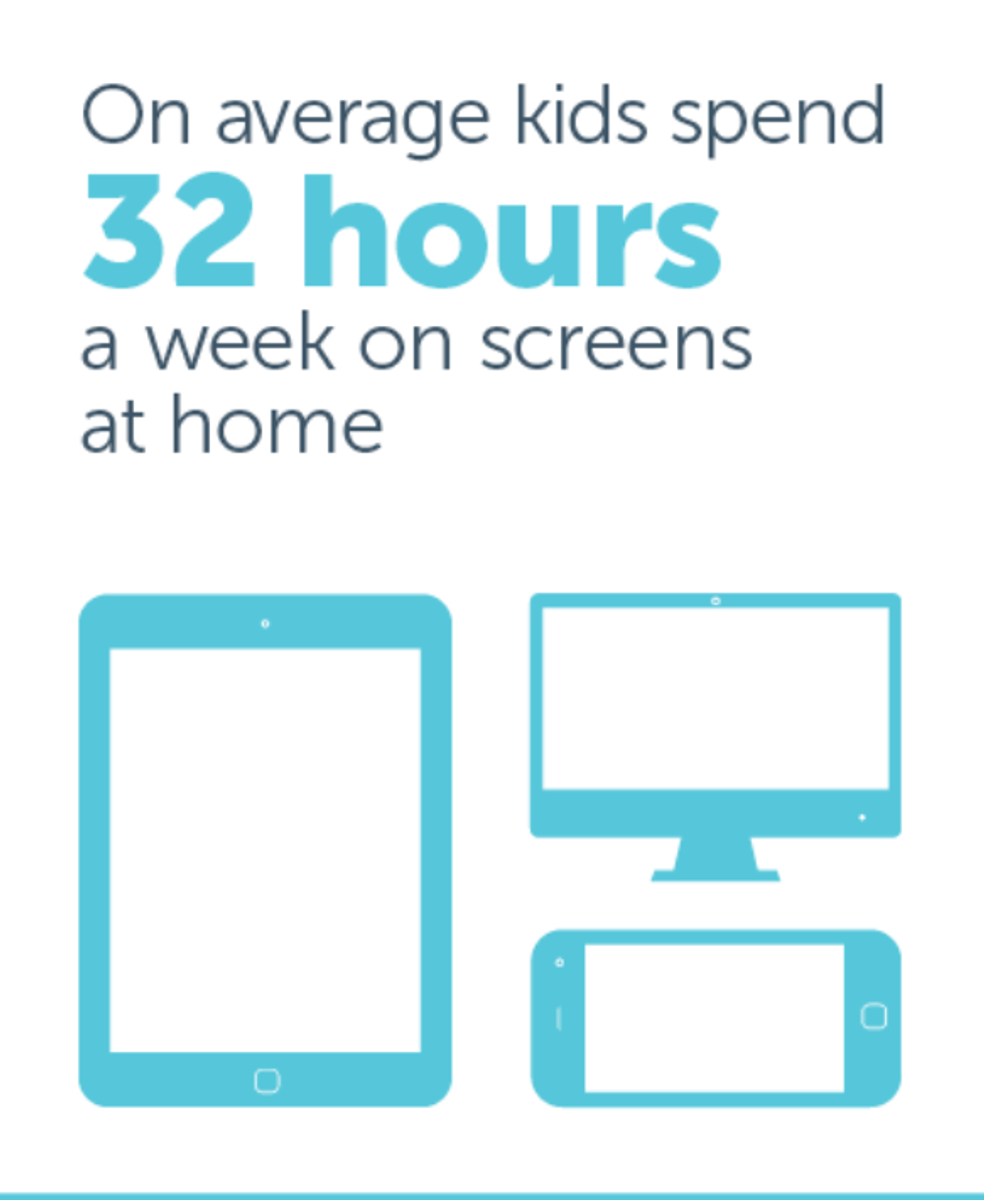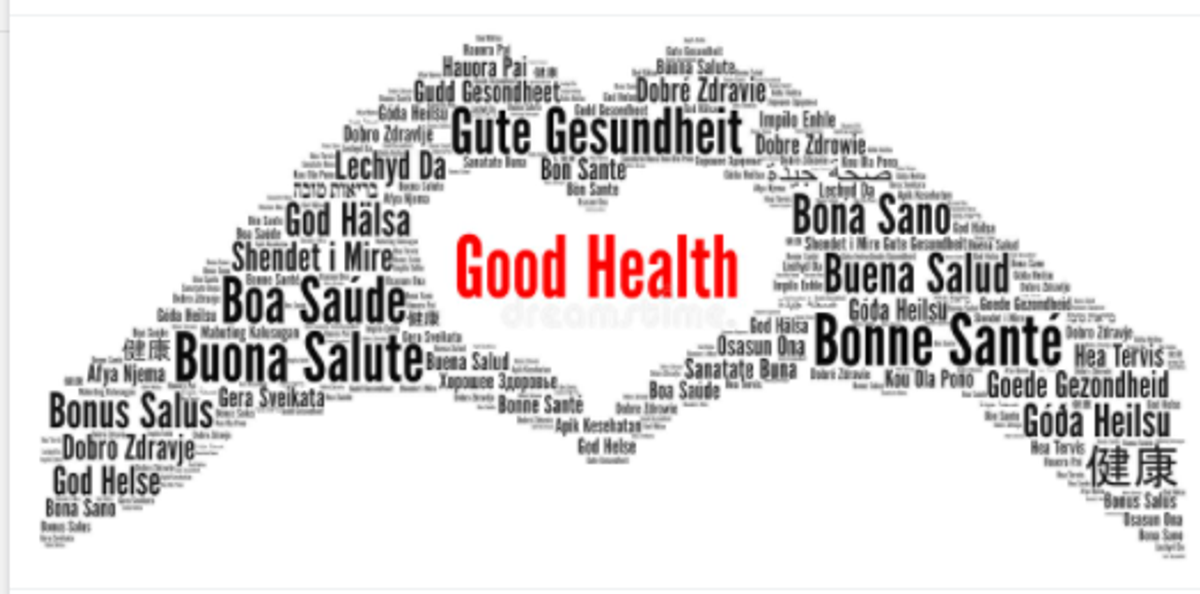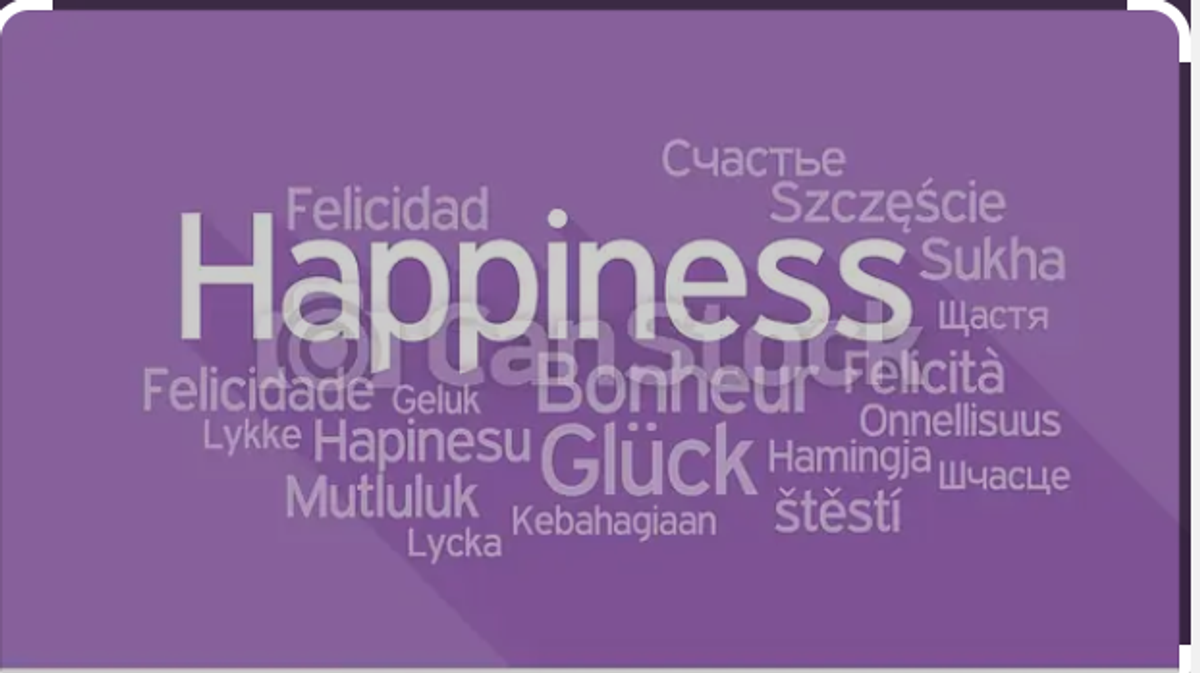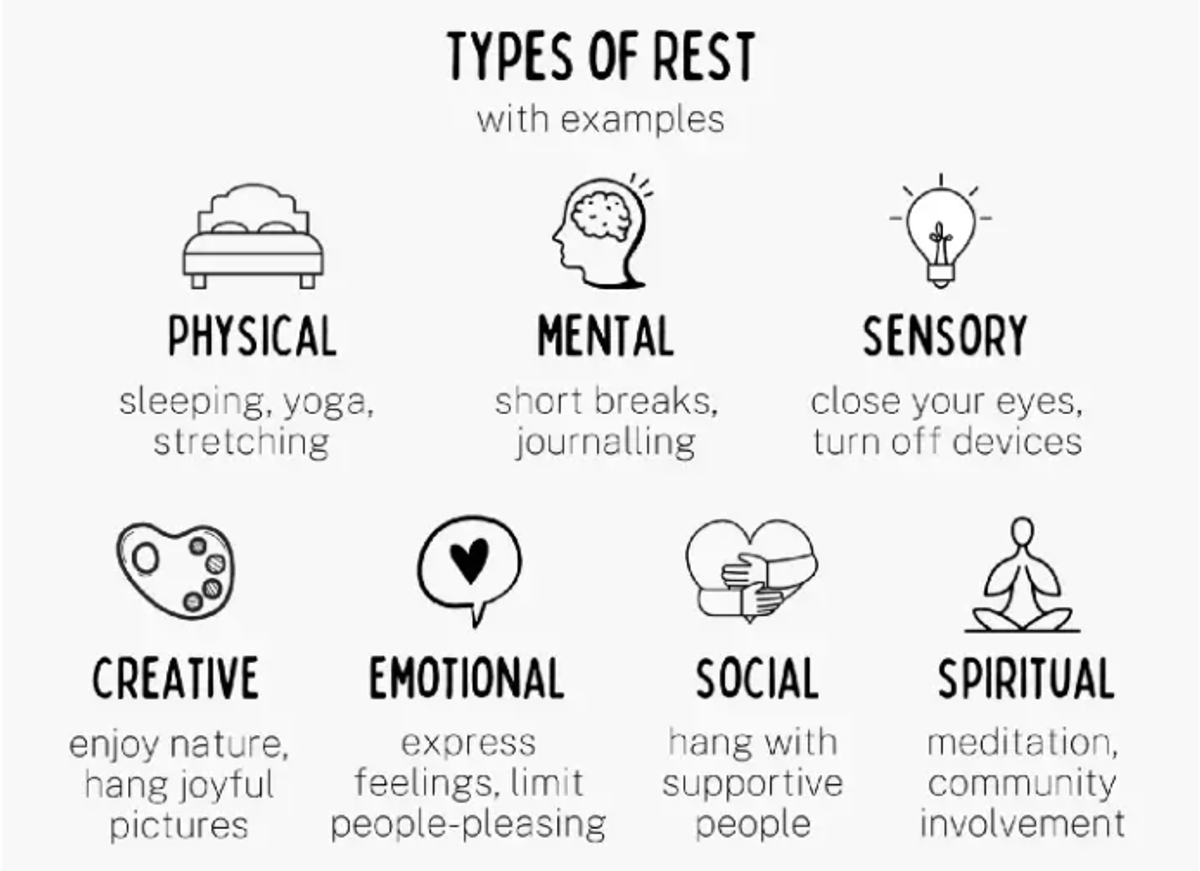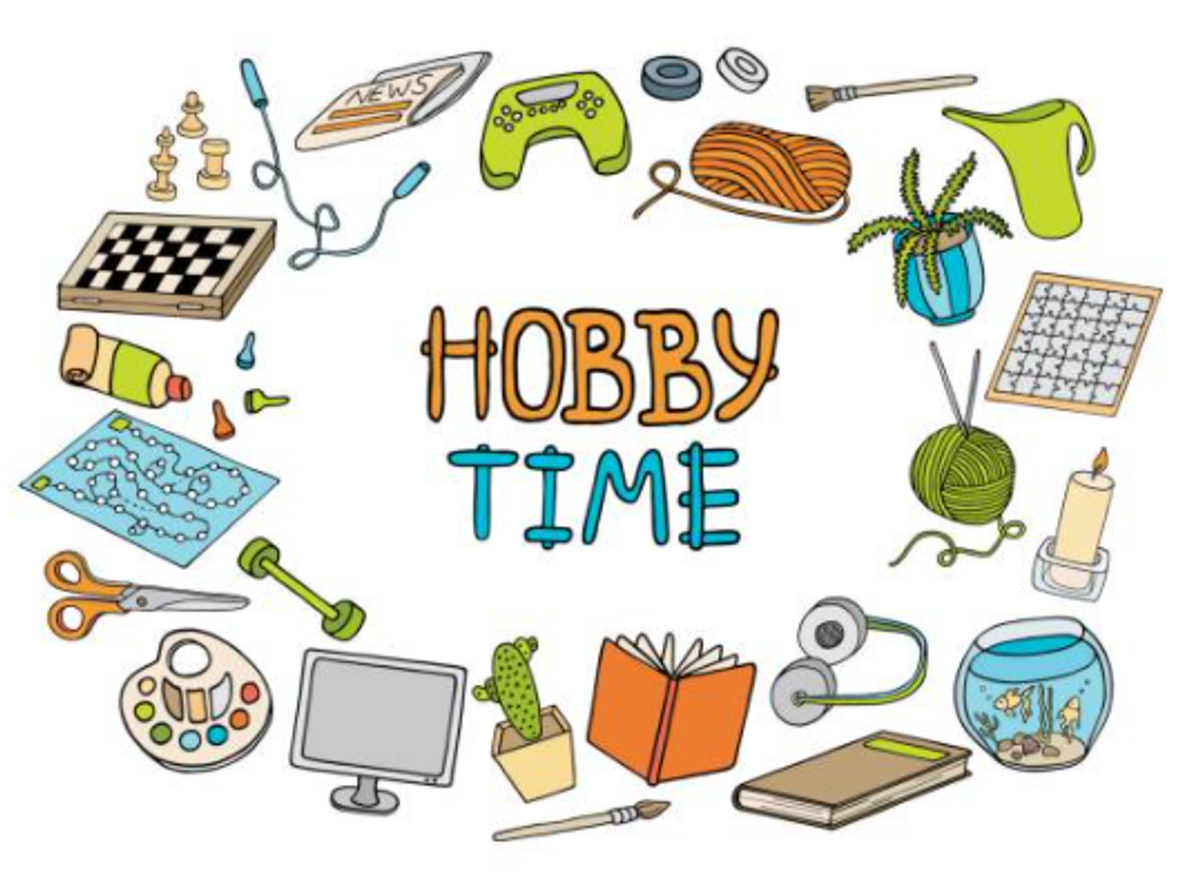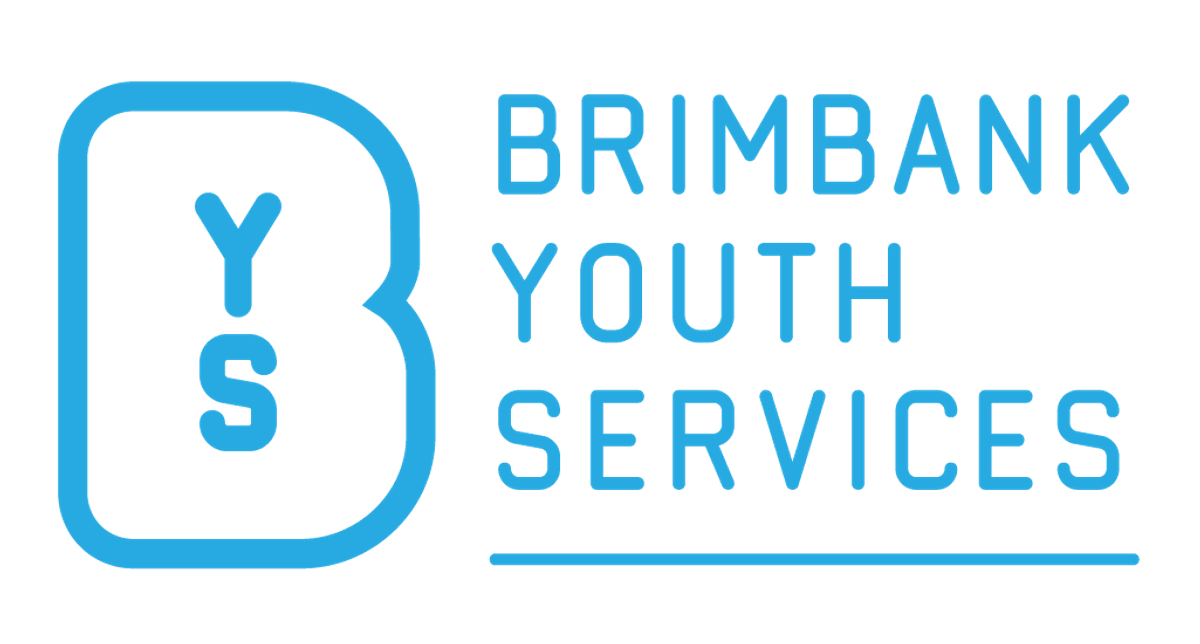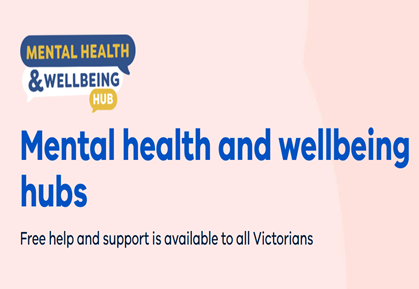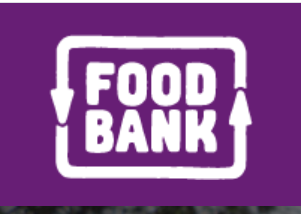Promoting Student Wellbeing
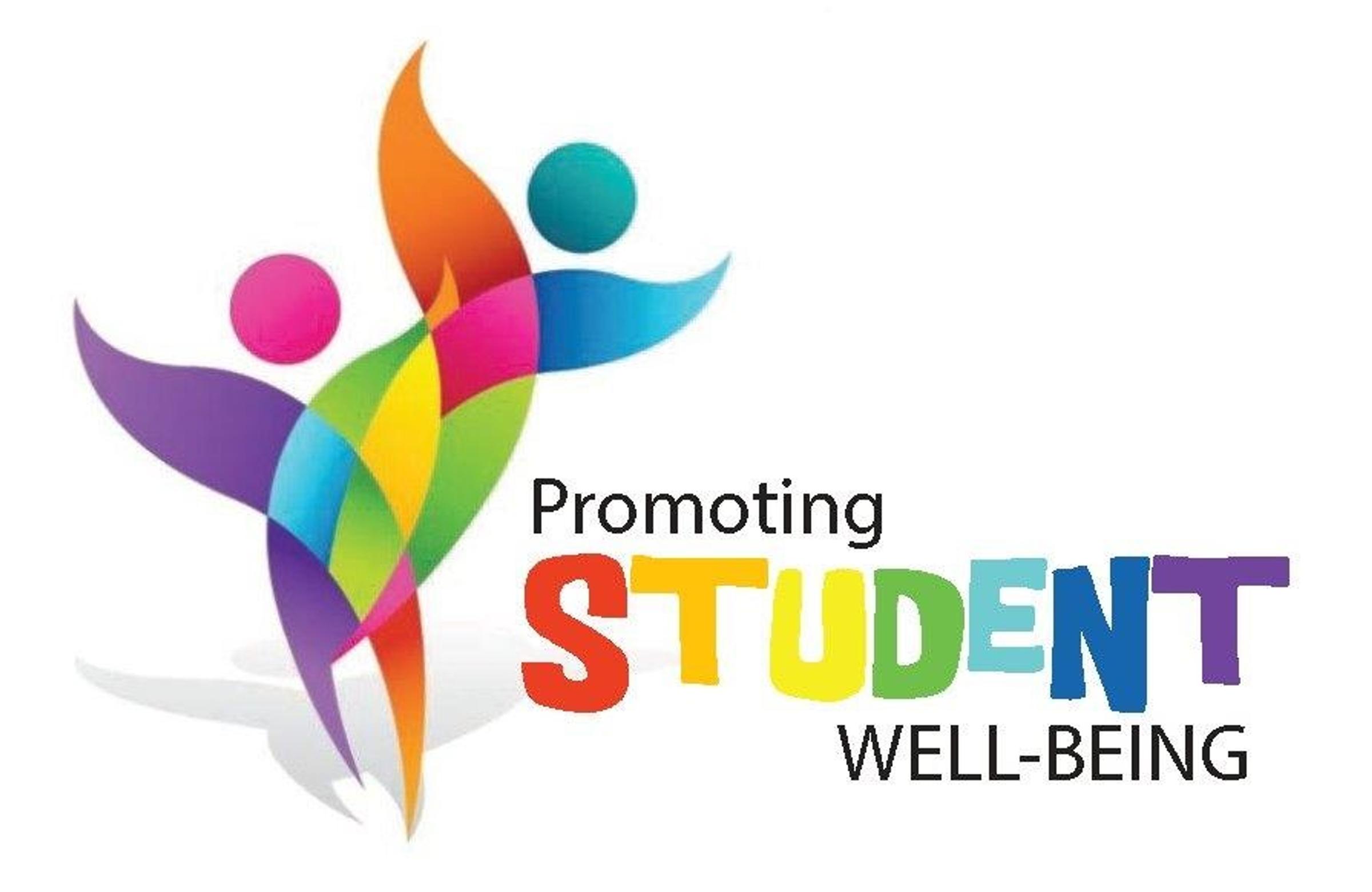
As the school Christmas holidays approach, for many of us, it is a time to prepare to spend time with family and friends. For some, whilst a celebrating Christmas is akin to religious beliefs, for others it is not, and indeed for some who do celebrate Christmas, the timing of the celebration differs.
Perhaps common to many of us though, are points in this Christmas to-do-list; and for your young people during the school holiday break, continuing to be present in their lives and being their light is essential for their wellbeing. I suggest this because, whilst the holidays offer young people a welcome break to relax, re-charge and reconnect with friends and families, it may also be for some, a time that they miss a supportive/predictable routine of school and connection with teachers and peers on a daily basis.
Some organisations report that as many as sixty-five percent of young people do not seek support for their mental health and wellbeing, and the reported reasons for this include a sense of stigma and not having the language to express what’s going on for them.
In a school space, there are staff, peers and teachers observing and interacting with young people every day, to in some way mitigate these reasons. Also at VUSC, there are health and wellbeing initiatives, home group and lunchtime activities that are specifically planned and implemented to engage students in activities and conversations to connect with one another and their teachers, and thereby talk about and monitor their wellbeing.
The campus Youth Workers, Mental Health Practitioner and Secondary School Nurse all connect with individual students and sometimes their families, to offer professional support and resources to support young people’s health and wellbeing.
So for this final VUSC newsletter for 2023, I have selected and described some resources around three key areas that I invite you to review and talk about with your young people, to support their safety and wellbeing over the school break (continuing to be present and being their light if you will): wellbeing and safety, online safety and balancing the use of screen time.
How to Stay Healthy Over the Holidays
What can we [you] do to improve our [your] wellbeing?
You may like to review and discuss these resources with your young people. They will be sent to them via their Compass Newsfeed, before the school holidays commence. These resource include information and resources about: eating and sleeping well, the importance of being socially active and activities to try over the summer.
In 2017, VUSC proudly became an accredited eSmart School. As part of our accreditation, parents, carers and guardians can access resources and webinars about online safety . Perhaps something particularly important to revisit with young people, given that they will have more recreational time during the school holidays.
Screen time: What’s happening in our homes?
Teenagers spend the most amount of time on a screen-based device at home, of any age group, at almost 44 hours on average per week – more than the time equivalent of a full time job. Parents averaged almost 40 hours per week.
- Screen time and digital technology use can be part of a healthy lifestyle for teenagers.
- Teenagers need to balance screen time with other activities that are good for their development and wellbeing.
- Physical activity, extracurricular activities, socialising and sleep are all important for teenage development.
Teenage screen time and digital technology use: tips for balance.
This resource includes some ideas that may offer helpful discussion points with young people, as they may have increased time/access to digital devices during the school holiday period, e.g. developing family rules about the use of digital technology and developing a family media plan.
Holidays (like Christmas celebrations) may not be something applicable or relevant to everyone reading this, so in signing off may I wish you and your loved ones, good health and happiness.
Gail Inniss
Student Wellbeing Manager
******************************************************************************************
A message from the Mental Health Practitioner
Hi VUSC community,
I just have a few extra tips of my own to complement Gail’s comprehensive overview above (these are tips directed at young people, but families, parents and carers can gently encourage these messages/suggestions):
1. Rest
Clearly, the school holidays are an important time to rest and recharge, especially the longer summer break. But did you know we need to rest in a bunch of different ways? It’s more than just sleep!
Of course, if you have holiday homework, that’s important too, but the point is to remember that in order to study effectively, we need to rest effectively!
2. Cultivate your outside-of-school self
The holidays are a great opportunity to nurture the parts of you that are unrelated to school and study. Whether this includes socialising, family time, hobbies, passions, interests, activities, sport – whatever it is, make sure you make the time to explore who you are beyond being a high school student. Personally, I’ll be prioritising music making, gardening, time with friends/family and reading!
3. Keep routine and balance
It can be hard when the predictable routines of the school term fall away, because routine can really support our mental health. But this an opportunity for you to build a routine that works for you!
If you can, try to have consistency with bedtimes and wake up times, and build some habits into your day which include things that you know make you feel good. For me, it’s taking the dog for a walk, doing 10 minutes of yoga, eating a healthy breakfast and having a cup of tea while reading my book – and then beyond that creating a balance of alone time, exercise, outside time, friends/family time, hobbies, relaxing activities, etc. Everyone’s routine will look different – you just need to figure out what’s going to feel good for you and what kind of balance you want to create.
Supports and services
If you’re feeling like you need a bit of extra help, remember that there are services available all-year-round to support your mental health and wellbeing. Here are a few important ones to keep in mind:
- headspace
- 9am-1am every day
- Phone: 1800 650 890
- Webchat: headspace.org.au/online-and-phone-support
- Lots of resources on website
- Kids helpline
- 24/7
- Phone: 1800 55 1800
- Webchat: kidshelpline.com.au/get-help/webchat-counselling
- Lifeline
- 24/7 support for anything
- 13 11 14
Holiday programs
Follow these links for more information about activities and special offers from Brimbank Youth Services these school holidays:
https://brimbankyouth.com/programs/whats-on-in-the-west/
https://brimbankyouth.com/programs/school-holiday-showbags/
Wishing you all a restful, safe, healthy and restorative summer break.
Siobhan
VUSC Mental Health Practitioner
****************************************************************************************
Detour and Reconnect Programs
Keeping young people connected to family and community: early intervention programs to keep young people safe and connected, and on track, to living a happy and independent life.
Families are invited to read the attached information about two support services now available to support our school community: Detour and Reconnect.
For a confidential discussion about these services and to discuss a potential referral to a service, please contact Gail Inniss (Student Wellbeing Manager) T: 9363 155
E: gail.inniss@education.vic.gov.au
******************************************************************************************
RRRR Program
VUSC is implementing the Rights, Resilience and Respectful Relationships program, which is a primary prevention initiative to reduce family violence through promoting and modelling respect, positive attitudes and behaviours. If you are experience family violence, or would like information or support, please visit the site below or call 1800RESPECT.
https://www.vic.gov.au/family-violence-statewide-support-services
**********************************************************************************************
Mental Health Services and Support
The school community is welcome to access these services for mental health support:
Headspace
https://www.coronavirus.vic.gov.au/mentalhealthhub
https://www.foodbank.org.au/?state=vic
*******************************************************************************************




